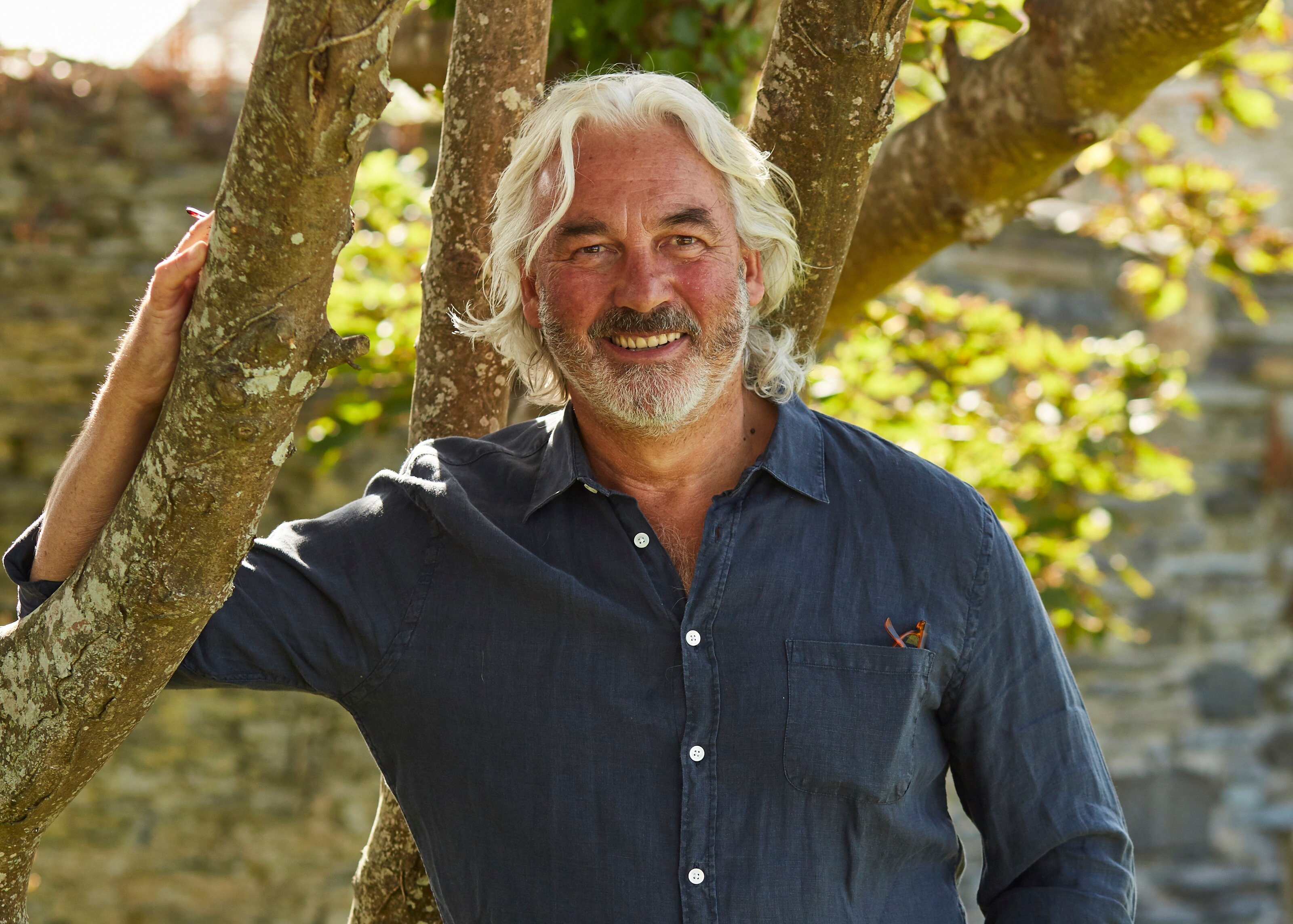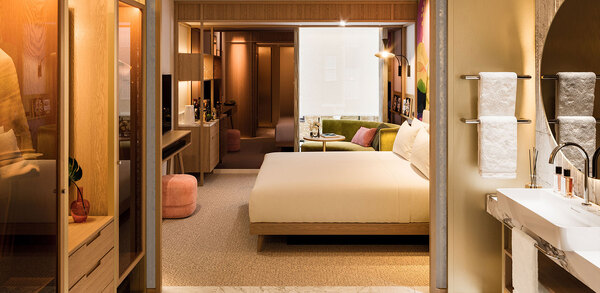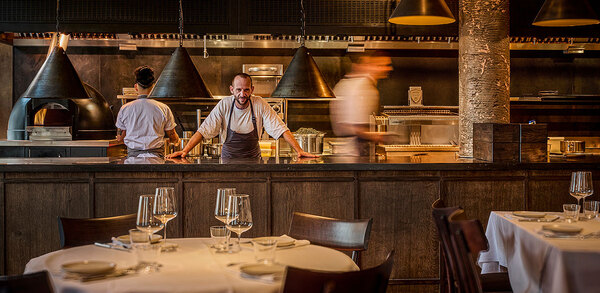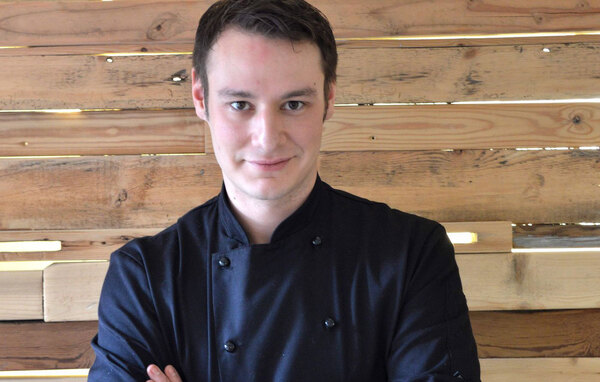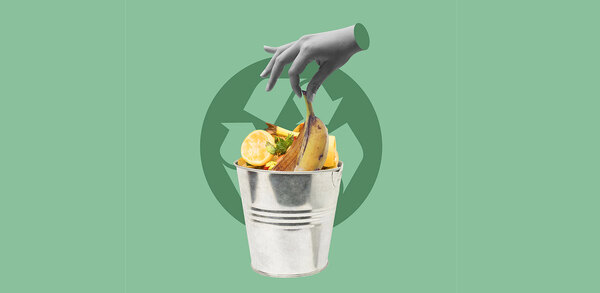Lifetime Achievement Catey winner Robin Hutson looks back at a life in hospitality
The winner of this year’s Lifetime Achievement Catey speaks to James Stagg about his career, from leading the movement away from stuffy formal hotels with Hotel du Vin to a litter of rural retreats with the Pig.
You’ve had a career spanning 45 years, starting as a commis waiter at Claridge’s to where you are today, running one of the most admired hotel brands in the country. There have obviously been many changes in the industry in this time, but which do you think have been the most progressive?
It’s possibly exaggerated by the fact that I started in a very formal hotel, but hotelkeeping during that time was based on a formal model. Even the average provincial hotel was very much a diluted form of that grand hotel style. It worked OK for a while, but there was quite a lot of hiding behind the pomp and ceremony of a formal style of service.
There was a polarisation during the 1980s and a skills shortage outside the main metropolitan areas, so some of the provincial hotels that were trying to do the formal style of operation were lacking the skills to do it properly.
That’s when it started to fall apart – coupled with the fact that the way we live our lives now is very different.
Having worked your way from general manager of Chewton Glen at the age of 29 to managing director, you then struck out alone to develop Hotel du Vin with Gerard Basset. What inspired you to create what became a game-changing brand?
I always remember when we started Hotel du Vin in 1994, we were trying to break the mould on formality. This sounds crass now, but we had a little tent card that said: ‘No dress code, children welcome’. We also boasted about the fact that we had an espresso machine. Now that seems normal, but in those days you couldn’t buy an espresso on the high street.
When we started Hotel du Vin, we were trying to break the mould on formality
Back then there was no such thing as modern British cuisine – it was only just starting in London with [Terence] Conran, Antony Worrall Thompson and Alastair Little. They developed a more relaxed style of food and service. It formed the blueprint for what we do now.
It took some confidence to take a product like that to the regions…
Fortunately, we became busy quickly and gained some early recognition. But back then we were considered complete mavericks. We were wearing open-necked shirts and jeans, which the rest of the hotel sector considered not quite right. Hoteliers wore suits and ties.
What were the principle characteristics you wanted Hotel du Vin to represent?
I felt that the general hotel offering was out of step with the mood of a more modern Britain. We were one of the first hotels to put a duvet on a bed – at least outside of London. So while the population had been using duvets for a decade, hotels were making up beds with sheets and blankets.
We were probably the first to put fresh milk in the room too – even today when you stay somewhere there are those little pots – and we put in power showers. This was considered revolutionary. All we were doing was delivering 20 litres per minute, rather than the trickle on offer elsewhere.
Also, in those days, every hotelier used to speak in ye-olde hotel speak. Every information folder or note in the room went into some overly formal speech. We were just observing what was going on in the country.
You built the brand up to seven operating hotels before selling it to Malmaison owner Marylebone Warwick Balfour. Was it a wrench to sell?
I never thought I’d enjoy running some huge organisation. I prefer the small- to medium-sized enterprises, and I think that’s where my personality is best suited. It was right for us then – selling pretty much 10 years to the day from opening the first. We had always talked about selling.
In this business you can work for a long time and don’t always get the financial rewards, so it was seen by us as a way that we could do nice things like pay off our mortgage. We were made an offer we couldn’t refuse and it was the right thing to have done at that point.
Hotel du Vin has had some change in ownership since then and has gone on to grow further. I have to say it’s a different kind of operation now, but I’m still proud that it sits in many towns and cities up and down the country.
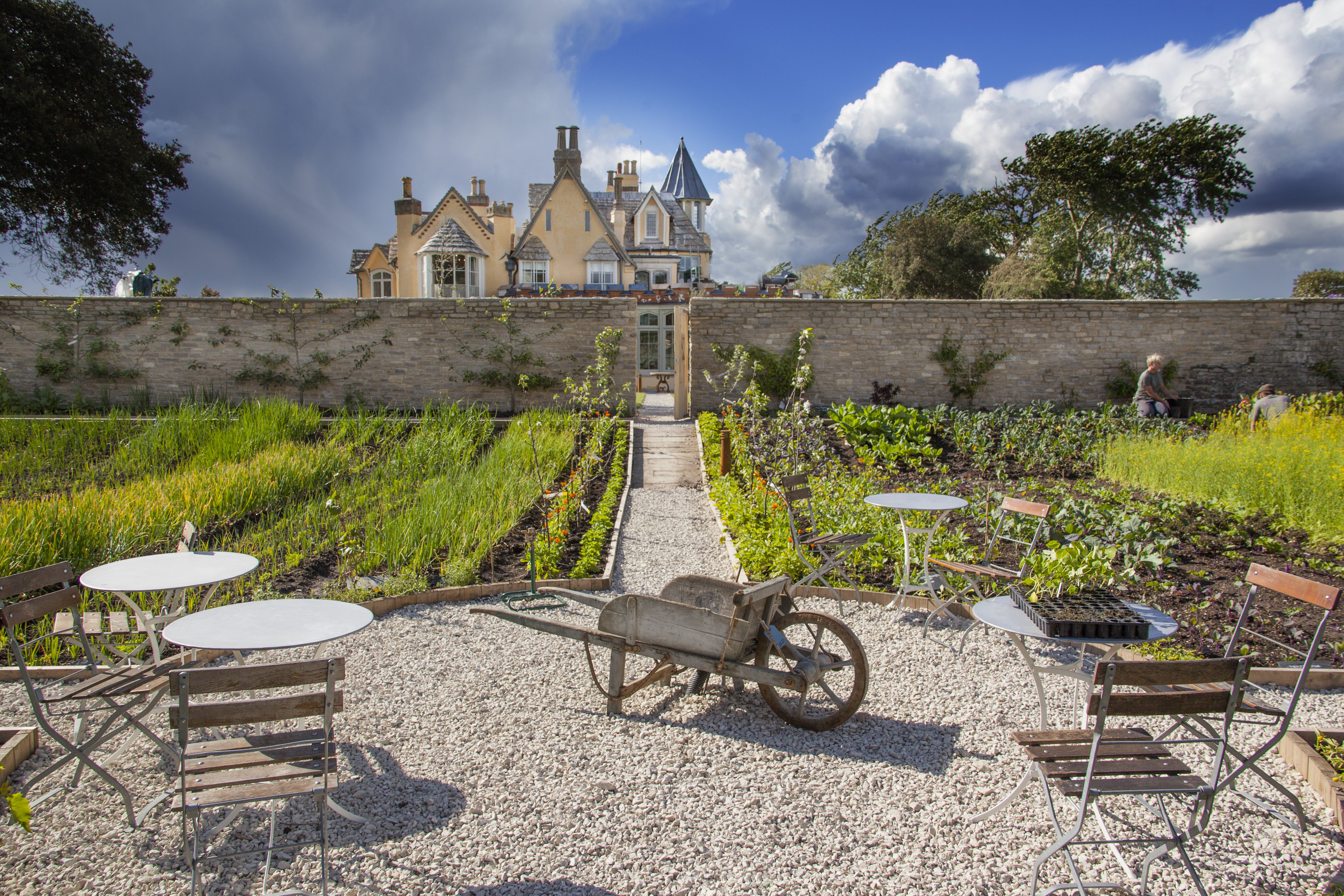
You’ve since set about creating a second brand that has become a byword for relaxed luxury and are preparing to open your eighth Pig property in Sussex. What do you look for in location for the Pigs and how do you go about engaging the local community?
Firstly, the Pigs need to be in rural locations with a bit of land around them so that we can at least have a kitchen garden. I like to have locations with a sense of place – just a large building in the middle of some fields with no reference points won’t do.
I like to have locations with a sense of place – just a large building in the middle of some fields with no reference points won’t do
For instance, the one we’ve just opened in Harlyn Bay is referenced by Padstow, where the likes of Rick Stein and others have done the hard yards putting it on the map. Likewise, the original Pig in the New Forest. People understand what they’re getting.
You opened the Pig in Harlyn Bay at the end of July. What impact did the pandemic have on the hotel’s opening?
It was pretty bad luck. We envisaged opening Harlyn at the end of April, so when we were locked down we were just in the final throws of opening, with a team on board and many others contracted to join us. It was a really uncomfortable time to just walk away from the site, which was what we had to do. But as soon as we could restart, we did, and while we got the other hotels open as soon as we could in July, we elected to put a few weeks between the opening, so that we could understand what we were supposed to be doing elsewhere first.
We opened and the staycation trend played right into our hands. So that worked pretty well and we went from zero to 100% for four months, then back to zero again. We had a short but successful summer.
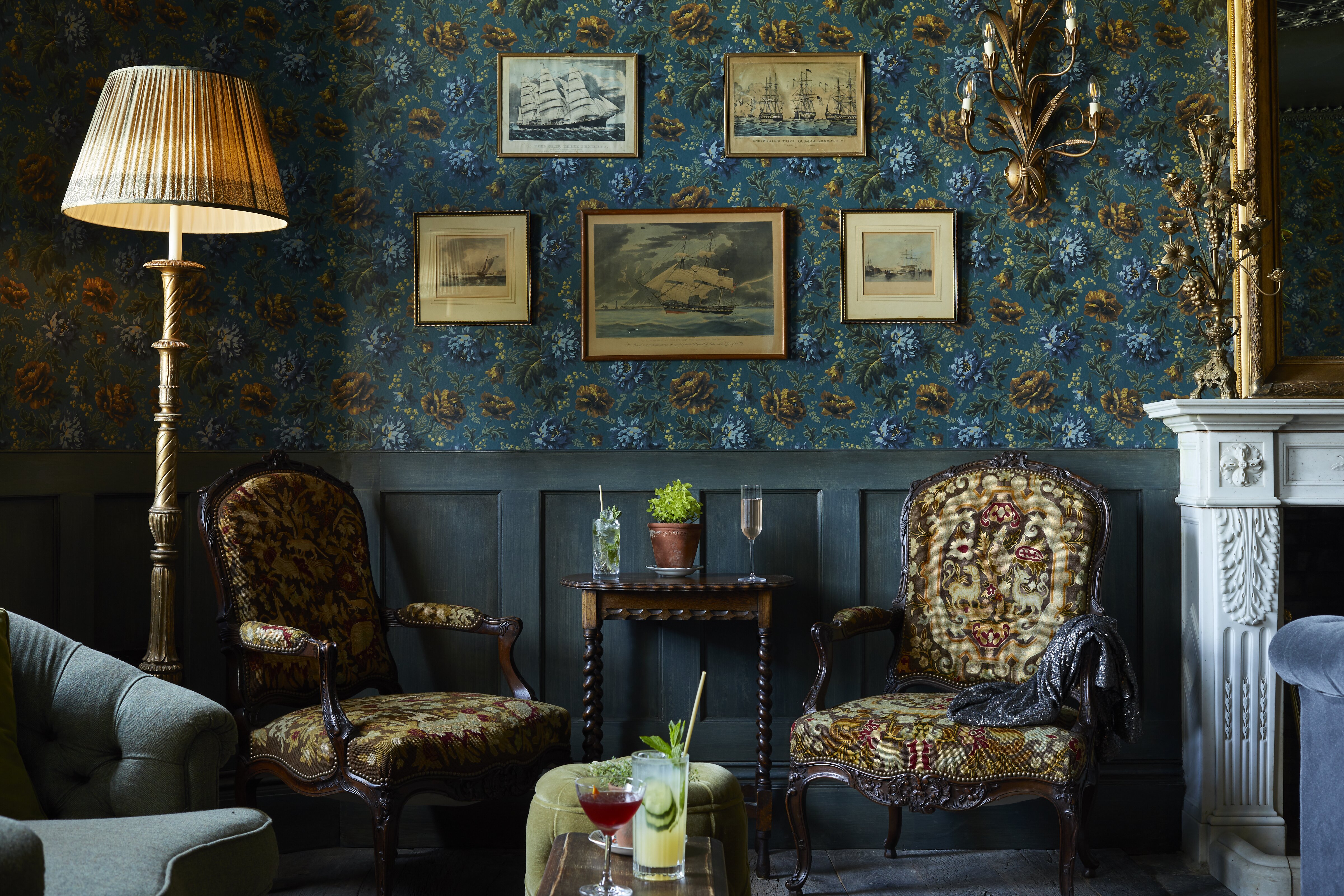
You’ve spoken before about the positive effect that the opening of a Pig hotel can have on a rural economy and that the hotels, when permitted to open, have seen strong occupancy this year as people stay in the UK. Have the rural economies in which you operate been largely insulated from the effect of Covid?
Very often our hotels have a disproportionate effect on the economy in the area. We’re often the largest employer in the area and the ripple effect for the supply chain is significant, from the butcher, the baker, to probably the candlestick maker. There is a force of good, robust hotel sites in surrounding rural locations, there’s no doubt about that.
Generally, in Cornwall they are used to a huge seasonality swing. Many businesses close during the winter, though ours won’t. For that alone I think we will have a significant effect down there.
You and your wife Judy design, commission and source every piece of furniture for the hotels. That must be quite a labour of love for the two of you…
We source every piece of everything. I am confident we can sit in any of the hotels now and tell you where everything came from and the stories behind individual pieces. It’s not a job for us, it is a life. Even when we’re on holiday we’re always scouring junk shops for items that could be of use for a project.
Where do you go and what are you looking for?
We tend not to go to auctions as they can be time-consuming. There’s a large antique and vintage operation up in Lincolnshire and we go to Belgium sometimes. There are individual shops up and down the country where dealers know the kind of things we buy, too. And we have a large warehouse where we collect everything to allocate it to a new project.
The Pigs are not overly glitzy, so we’re always looking for items with a certain patina. We like rusty things rather than shiny things.
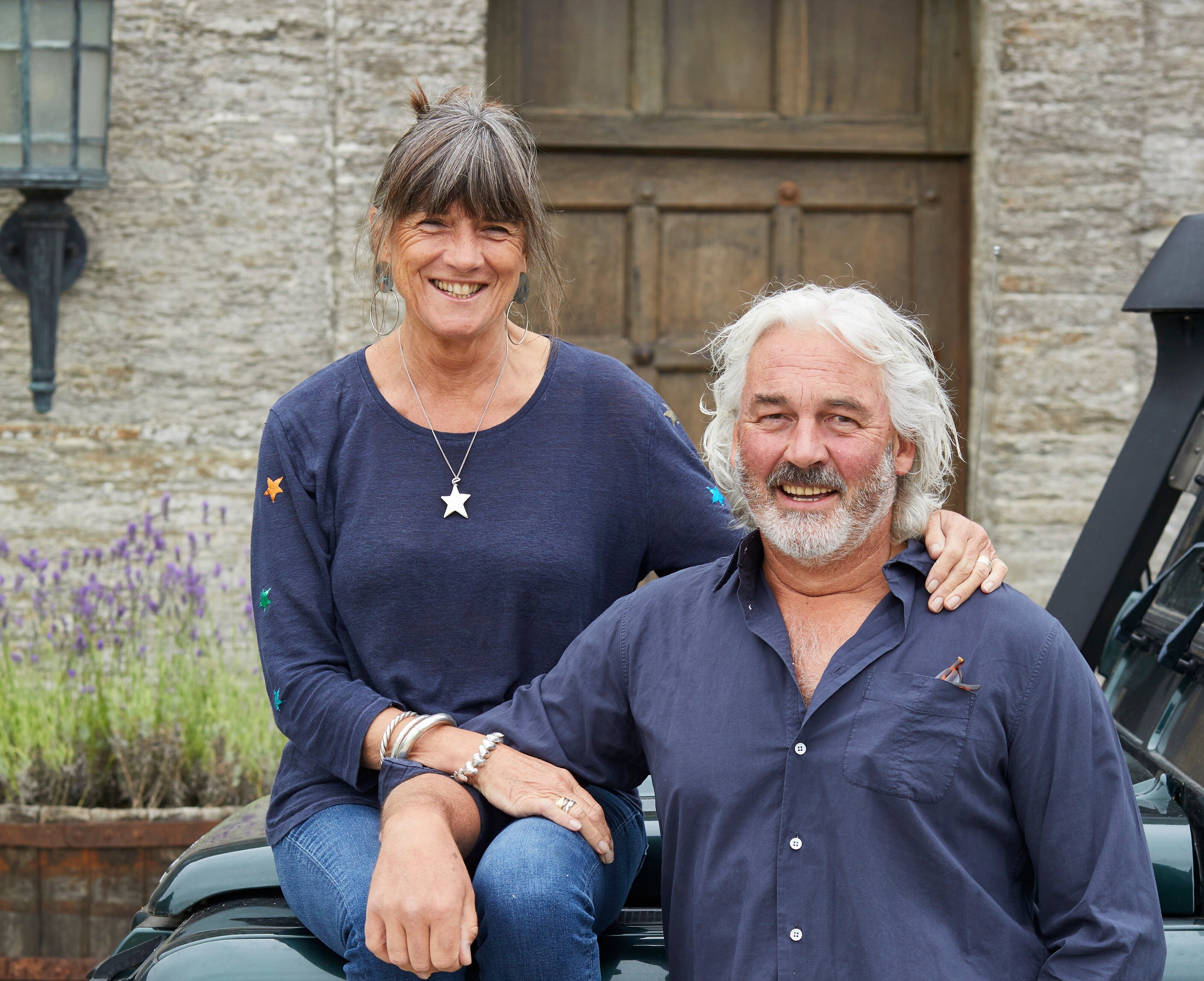
How do you manage to keep on top of such a wide brief?
Obviously everything we achieve is a huge team effort. Apart from the role Judy plays and my co-directors, we are very fortunate to have a number of key individuals who have worked with us for many years, some even going back to Hotel du Vin days. Alongside those trusted individuals we have in recent years been able to attract a very bright young team who bring yet another new dimension to our culture.
You’ve been extremely outspoken on industry issues since the start of the coronavirus pandemic, talking on behalf of those who don’t have quite the same voice. What are your main priorities and hopes for the wider industry right now?
I didn’t set out to be that voice; it was more out of frustration initially where I could see that the government – through not having intimate knowledge of the sector – would make the wrong decisions. An example is the 10pm curfew, which everyone recognises is of little health benefit but has a huge economic effect and arguably can be the cause of some spread. Let’s hope at some point it gets reversed.
I was just trying to be a voice for helping the government in some small way keep on track and make the right decisions by being slightly better informed.
I also felt there were some big voices for the main metropolitan areas who by shouting for themselves – and if I was London- or Manchester-based, I’d be doing the same thing – were perhaps forgetting the plight of the rural and more seasonal businesses.
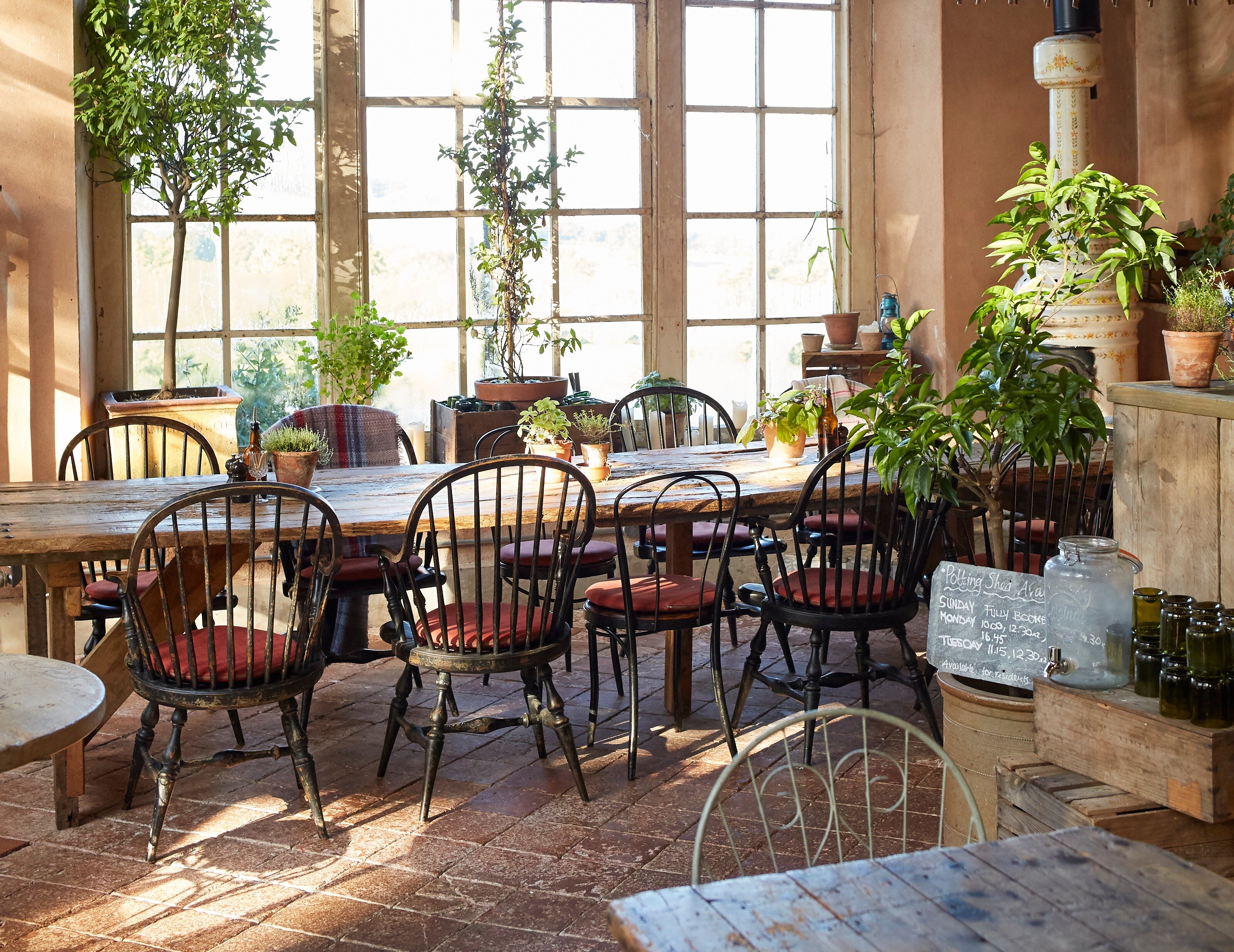
You’ve also joined the campaign for a minister for hospitality. Why do you think it’s so important?
For such a sector there should be someone with some specialist knowledge in government. Frankly, I’m disappointed that so far we seem to be struggling to get numbers. I’ve directly appealed to all of our colleagues and I hope most have signed, but we need that kind of penetration in many other organisations.
For such a sector there should be someone with some specialist knowledge in government
If you were to be appointed to the role tomorrow what would your first priority be? If not you, who would you appoint?
If I was asked to take on the role I wouldn’t accept, as I’m not a committee man. It’s probably easier making comments from the sidelines. I’m sure there are some good contenders for that post.
I think first and foremost there must be broad recognition that the industry isn’t an also-ran. It’s a prime engine of the economy. I think a recognition of that and all sorts of policies that could affect that would be the right direction.
Prior to the pandemic I have never heard any government minister utter the word hospitality. Now, of course, they can’t stop saying it. The silver lining out of all this is that there is at least a recognition that this is a powerful and far-reaching industry. In particular for youngsters who have difficulty following career paths they have set on earlier in life. Sometimes we’re a stop-gap, sometimes we manage to recruit some of those individuals who recognise there’s a great career path for them in the sector.
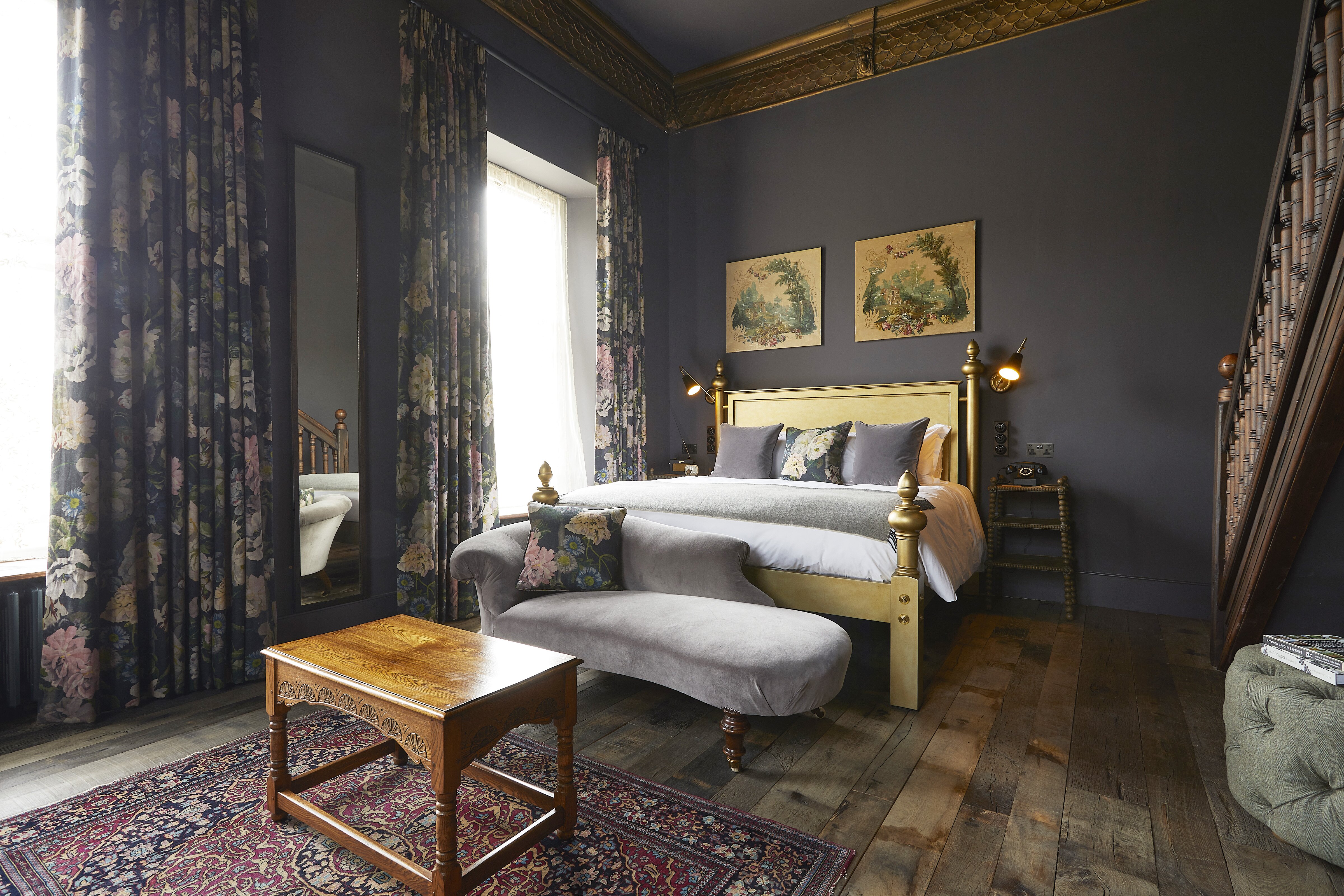
What’s your advice for any budding young hoteliers reading this? How might they change the hotel scene in the next 45 years?
Keep your eyes open to what’s going on outside the industry and don’t get blinkered from within. Hospitality is a lot more creative today than it ever was in my early years. There is every sort of operation that you could imagine out there.
For youngsters entering, it’s about making those observations on where the trends are going. Not that I’m suggesting ridiculous, fickle operations. It’s understanding where the general populous are heading and trying to meet some of that demand.
This business is about tenacity. For anyone coming through, it’s not a two-minute job to follow a dream. It’s about sticking with it and learning your craft. Then you can start to affect changes.
Robin Hutson: a life in hospitality
Hutson trained with the Savoy Group, London, starting as an 18-year-old commis waiter at Claridge’s in 1975, followed by spells at Stones Chop House and the Berkeley in London and Hôtel de Crillon, Paris.
He then moved to the Elbow Beach hotel in Bermuda to become operations manager, before returning to the UK for his first general management role at Chewton Glen at the age of 29, spending eight years at the New Forest property and eventually becoming managing director.
In 1994 Hutson co-founded Hotel du Vin with the late Gerard Basset, widely recognised as having been at the vanguard of the UK boutique hotel scene. During this period he won numerous industry awards, including two Cateys, the Newcomer Award in 1996 and Hotel of the Year – Group in 2001, as well as Hotelier of the Year in 2003.
Hotel du Vin was built to a group of seven hotels before being sold to Malmaison owner Marylebone Warwick Balfour for £66m in 2004.
Between 1995 and 2008, Hutson was a director and eventually chairman of Soho House Group, assisting Nick Jones in shaping the expansion into Europe and the US.
Hutson is now chairman and chief executive of the Lime Wood Group and founder of the Pig collection of country house hotels.
Recent accolades include the Hotel of the Year – Independent Catey in 2013 for the Pig in Brockenhurst, Hampshire, followed by the Outstanding Contribution Award at the Hotel Cateys 2014. In 2015 Hutson received the AA Lifetime Achievement Award and an Honorary Doctor of Business degree from Southampton Solent University. Hutson was inducted into the British Travel & Hospitality – Hall of Fame in 2016.
Photography by Jake Eastham



